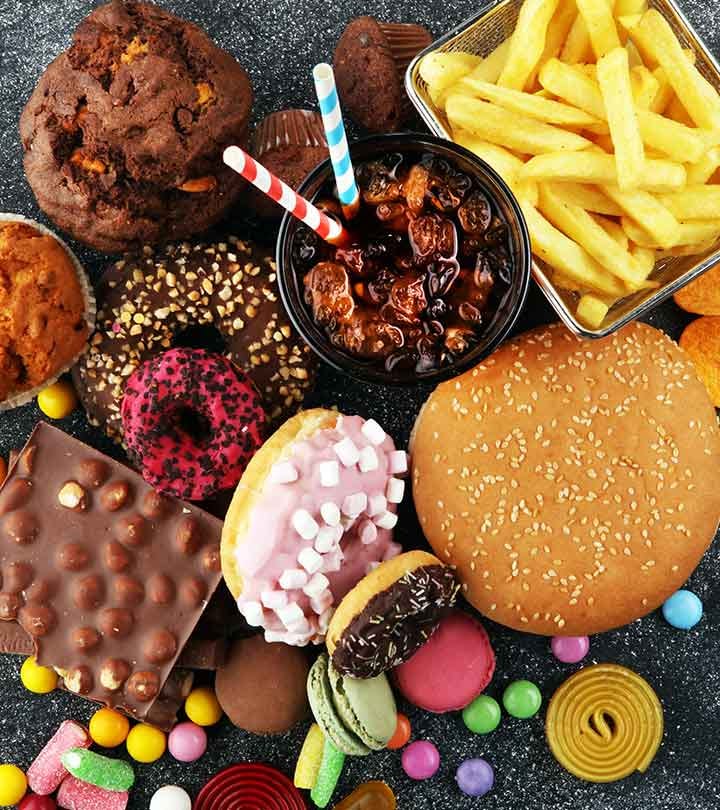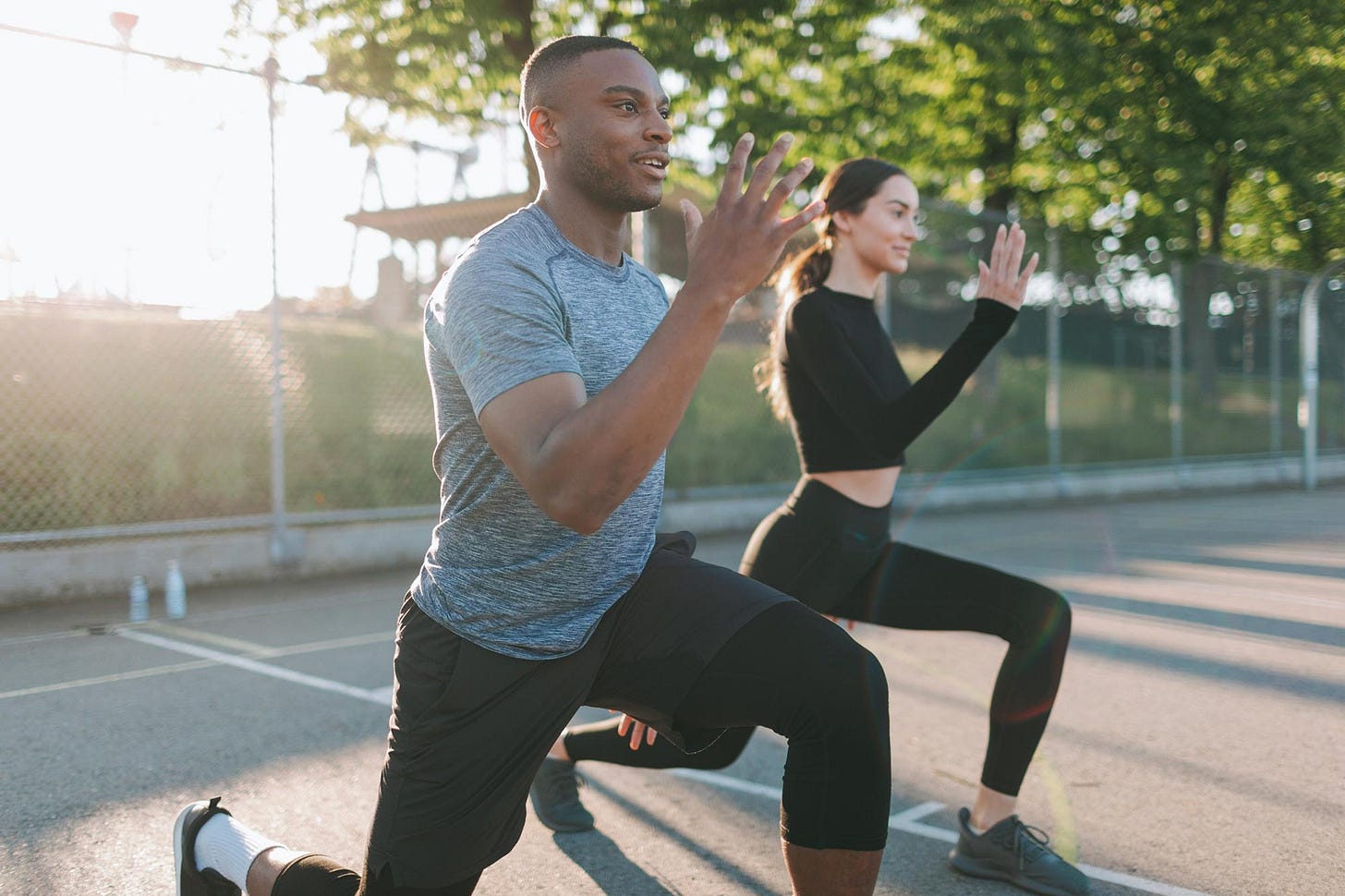The Holistic Self Help Guide to Depression & Low Mood 🌿👨🏻⚕️Herbal Docs
Think Better, Feel Better, Live Better ✅
How to Use This Guide ✅
Nutritional Advice
Physical Activity
Spiritual Activity
Herbal Medicine
Choose one activity from each of the four sections.
Create your accountability chart.
Perform each activity for a period of 21 days.
Let’s begin levelling up… 📈
Systemic Disease Which Cause Depression 😔
Biological, psychological and social factors are all interlinked to promote health or cause disease.
What affects the body will often affect the mind & vice versa.
Wellness is not simply a matter of biological state, but also influenced by a person’s psychological, social and spiritual status as well.
Fatigue & lethargy are symptoms of depression but also a host of diseases caused by hormonal or vitamin deficiencies.
This is not serotonin, which controls happiness & satisfaction.
Its imperative to give your body the best chance of controlling intrusive thoughts by checking they really come from your brain & not your hormones.
Rule out Depression Causing Conditions
Underactive Thyroid - TSH, T4 & T3
Anaemia - FBC (CDC in USA), Ferritin, Vitamin B12, Folate
Vitamin D Deficiency - 25-hydroxyvitamin D
Habit Forming by Accountability Charts ✅
STEP 1
Make an accountability chart.
Write your four self help goals in the vertical column and the dates of the next three weeks in the horizontal.
Keep your goals small.
Place the chart in a visible location in your bedroom.
Tick off the days as tasks are completed ✅
STEP 2
Indulge in the pleasure of ticking off tasks - this causes a release of serotonin, the satisfaction hormone.
After 7 days, relook at your chart.
Notice the 7 days of ticks?
Every time you walk past the accountability chart, you feel a sense of pride of the steps you’re taking to improve your life. You won’t want to break the pattern of ticks, so the tasks come easier. This is the formation of habit.
STEP 3
After 21 days these tasks become embedded into your lifestyle.
Then we switch up the chart, with more challenging tasks, pushing for further self improvement. As the tasks increase in difficulty, the serotonin release increases, you begin to feel happier and more comfortable in your own skin.
You have taken back control of your life.
The chart is so versatile it can be used in any situation.
e.g Spin Class 4x this week
e.g FaceTime 3 old friends this month
e.g Only drink Alcohol 1x a week
Use the accountability chart to restore order to your life.
Embrace the power of routine.
Nutrition 🥗
One factor that can contribute to depression is a person’s dietary habits.
A 2017 study found that the symptoms of people with moderate-to-severe depression improved when they received nutritional counseling sessions and ate a more healthful diet for 12 weeks.
Depressive symptoms, including mood and anxiety, improved enough to achieve remission criteria in more than 32% of the participants.
Foods That Are Encouraged, Part Of Depression Diet Plan ✅
1. Vitamin C 🍊
Citrus fruits (Orange, Grapefruit, Lemon, Lime).
Leafy green vegetables (Kale, Spinach, Cabbage, Spring Onion, Leek)
2. Vitamin D ☀️
Salmon, Cod, Prawns, Eggs, Fortified Milk, Cereal Products
3. B Vitamins 🧀
Red Meat (Beef, Lamb) Fish (Tuna, Mackerel, Salmon), Eggs, Milk, Cheese, Whole grains (Pulses, Lentils, Quinoa)
4. Magnesium, Selenium and Zinc 🥜
Nuts (Walnuts, Almonds, Cashews), Seeds (Pumpkin, Sunflower, Chia) Whole grains, Fish.
5. Complex Carbohydrates 🥔
Whole-grain bread and cereals, brown rice, quinoa, millet, legumes, and starchy vegetables, such potatoes, corn, peas, and butternut squash
6. Tryptophan & Phenylalanine - Essential Amino Acids 🥩
Lean red meat, Poultry (chicken/turkey), eggs, and Beans (Cannelloni, Kidney, Butterbeans), Dairy Products, Soybeans & Seeds.
8. Omega-3 and Omega-6 fatty acids 🐟
Salmon, trout, tuna, beans, walnuts, broccoli, cauliflower, spinach, chia and hemp seeds, and canola and flaxseed oil.
Foods That You Should Limit - Part of Depression Diet Plan
1. Refined Sugar 🍭
Candy, Pastries, Donuts, Sugary Cereals, Soda/Fizzy Drinks
2. Refined Carbohydrate 🍕
White bread, Pizza, Dough, Crisps/Chips, Microwave Meals
3. Fried/Processed Meats 🍗
Fried Chicken, Processed Ham/Turkey, Hot Dogs
4. Alcohol 🍻
Alcohol and drugs throw you off your sleep cycle and also cause mood swings and anxiety.
Pick One Nutrition Goal - Add it to the Accountability Chart ✅
The above food list should not be taken as bible.
Simply attempt to include more encouraged foods and reduce the intake of limited foods.
Start very slowly and attempt to eat one healthy meal per day.
Eat what you want the rest of the time.
Slowly build up using your accountability chart.
Example Meals 🥗 👇
Breakfast #1 - Bran Flakes with Fresh/Frozen Berries, Dark Chocolate, Sprinkling of Sunflower Seeds & Chia Seeds, Peanut Butter. Coffee & Water ☕️
Breakfast #2 - Three Egg Omelette, Mackerel Fillets, Tomatoes 🍳
Lunch #1 - Fresh Chicken Salad Sandwich (Seeded Bread), Tomatoes, Romain Lettuce + Condiment 🥪
Lunch #2 - Jacket Potatoe, Cheese + Tuna Fish
Dinner #1 - Grilled Salmon, Steamed Broccoli & Rice (White, Brown) or Quinoa
Dinner #2 - Oven Baked Chicken Breast, Butternut Squash, Kale.
Add one nutrition goal to your accountability chart.
Exercise - Case Study - Eminem🏃♂️
‘It gave me a natural endorphin high, but it also helped me sleep, so it was perfect. It's easy to understand how people replace addiction with exercise’ - Eminem
The hardest thing to do when feeling low is to get out of bed and even harder to push through the barrier to exercise. Eminem, a world famous hip-hop artist, was suffering with drug addiction & depression following the murder of his friend Proof in 2006. At the age of 42 he was running around 17 miles a day, producing new music, clean from drugs/alcohol and improved his mood & quality of life.
How does exercise help depression and anxiety?
Regular exercise may help ease depression and anxiety by:
Releasing feel-good endorphins, natural cannabis-like brain chemicals and other natural brain chemicals, that can enhance your sense of well-being
Taking your mind off worries so you can get away from the cycle of negative thoughts that feed depression and anxiety.
Regular exercise has many psychological and emotional benefits, too.
It can help you:
Gain confidence. Meeting exercise goals or challenges, even small ones, can boost your self-confidence. Getting in shape can also make you feel better about your appearance.
Get more social interaction. Exercise and physical activity may give you the chance to meet or socialize with others. Just exchanging a friendly smile or greeting as you walk around your neighborhood can help your mood.
Cope in a healthy way. Doing something positive to manage depression or anxiety is a healthy coping strategy. Trying to feel better by drinking alcohol, dwelling on how you feel, or hoping depression or anxiety will go away on its own can lead to worsening symptoms.












